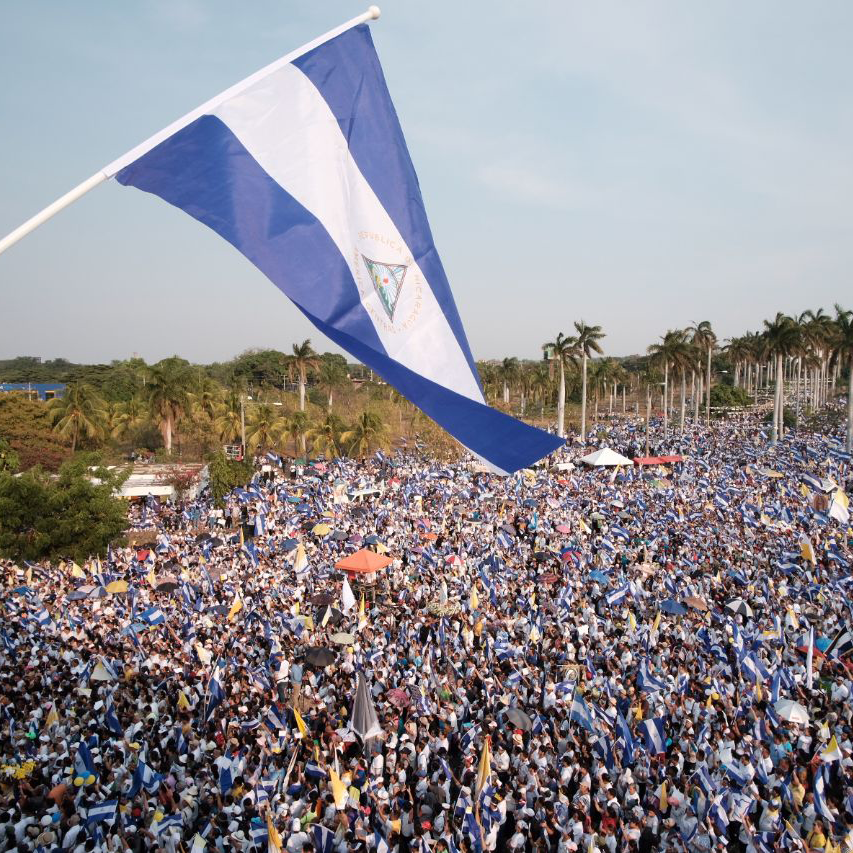The Nicaraguan Crisis In Brief
Much of the economic progress of the past decade has been supported by the economic benefits to Nicaragua supported by the “ALBA” pact with Venezuela. With the collapse of the Venezuelan economy, much of the external support for Nicaragua has eroded, which has led to strains on the economy.
A steady erosion of institutional checks and balances in Nicaragua (banishing political parties, a Parliament with little authority, and control of the the Supreme court, the police and the military firmly in the hands of the president) has resulted in a lack of transparency and accountability and the government playing an increasingly large role in the economy. With each misstep the government has made, there have been calls for dialogue with little forward progress, leaving much of the population skeptical of the government and its plans, particularly the youth.
The pension reform announced by the government on April 18th was the proverbial straw that broke the camel’s back. It was announced without any participatory processes - excluding not only the business organizations (led by COSEP - the largest and most important association of businesses) but also the youth and rural communities.
These announcements led to the protests. Which quickly escalated as the government responded with force to quell the unrest, resulting in 63 dead (and still counting), many injured and about 20 people missing, most of them university age students. They also took two television stations off of the air.
The government quickly backtracked and said they would engage in a dialogue with the business community to address the concerns. The youth responded with further protests, arguing that they need to be part of the process, that this can’t be done behind closed doors with only the business elites.
The student protestors are now calling for three things:
1) A call for inclusive dialogue to chart the course forward
2) As a precondition for this dialogue, a call to:
- end the violence and repression
- to end the militarization of key cities
- to release those imprisoned for protesting
- to account for the ‘disappeared’
- immediate resignation of the Ortega-Murillo as heads of state
- a call to reform the electoral process and supreme court and to have truly free and fair elections
What has been remarkable to see is that this is a movement where the youth are leading, largely by the public university students who are at the lower end of the socio-economic spectrum. Others have now followed.
The events have caught everyone by surprise. And things are moving quickly. There seems to be unity in what people are against and a high degree of alignment in what they want in the short term - end of abuses, free press, and a call of free and fair elections - but the Ortega-Murillo administration is showing no willingness to compromise. So the question remains for the protestors - how do they bring on change?
Here, strategies diverge. Many are calling for a national strike to escalate tension, while others feel this would be economically devastating and not achieve the goal. And given the history of ineffective dialogues, feel this route is an excuse for inaction. There is a strong desire for change and growing impatience with how to actually make that change in a country where the power structure is controlled by and benefits the current leaders and their increasingly isolated supporters.
Our Nicaragua-based Fellows are united in their efforts to achieving peace and a call to stop the violence. And they are both inspiring people to step up to the challenges, and bringing together voices that would not normally be willing to engage with one another. If other AGLN Fellows are interested in getting connected and providing support, email Philip.Javellana@aspeninstitute.org.
Learn more about the crisis by reading these articles from The New York Times:
Other Recent Posts
Explore upcoming opportunities to come back together with this community and continue the journey of fellowship. October 14-15, 2023 | Dubai, UAE AGLN Fellow Reunion in Dubai Fellows across the AGLN, especially those in China, India, Africa and the Middle East, have expressed a desire to reconnect with one another to build deeper bonds in a location ...
Charles Conn is a 2001 Henry Crown Fellow. He is co-founder of Monograph, a life sciences venture firm, and chair of Patagonia. Charles co-authored best-selling Bulletproof Problem Solving , and newly released The Imperfectionists: Strategic Mindsets for Uncertain Times (Wiley 2023). Our Operating Context We live in a different world than the one ...
Together with the McNulty Foundation, we're excited to announce the Winners of the 2022 John P. McNulty Prize , three individuals who have leveraged their expertise, experience, and networks to build and lead transformative social impact ventures. Their transformative social ventures are striving to end malnutrition worldwide , sparking a ...
More than a year after the January 6, 2021, attack on the U.S. Capitol, the American political landscape reflects the yawning divides highlighted on that violent day and reveals the extent to which extremist beliefs have become part of the mainstream. As the 2022 midterm election campaign kicks into high gear, I’m deeply concerned about the state of ...
Fellows across the network are tackling issues like good education, diversity on boards, cross-community dialogue and more. This Giving Season, we're excited to share causes close to the hearts of Fellows across our global community. Read below and consider giving or getting involved in these incredible organizations.


Leave a Comment